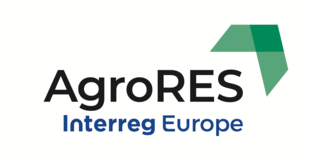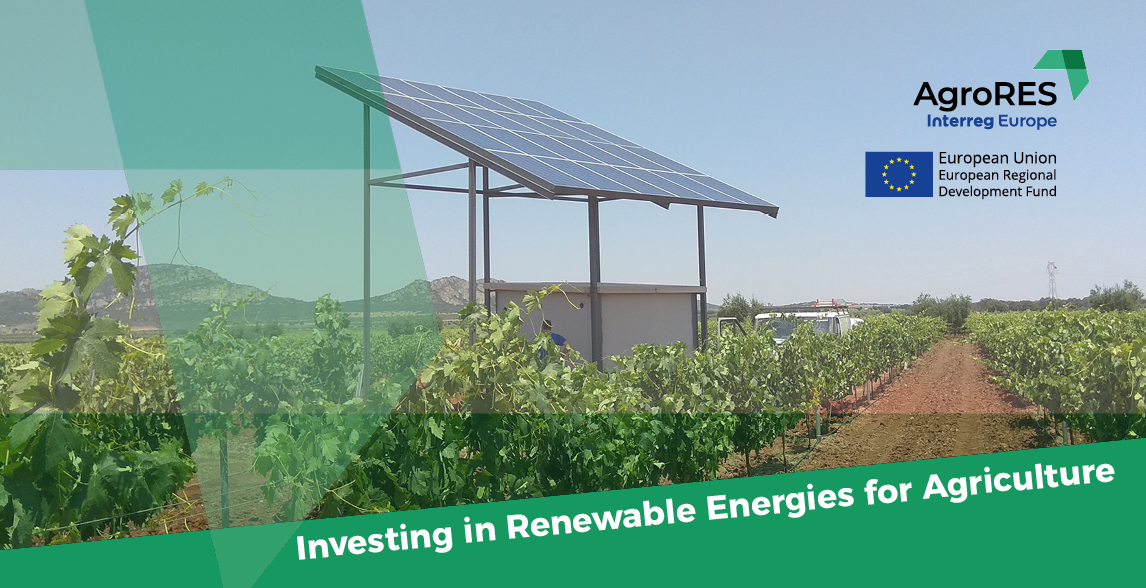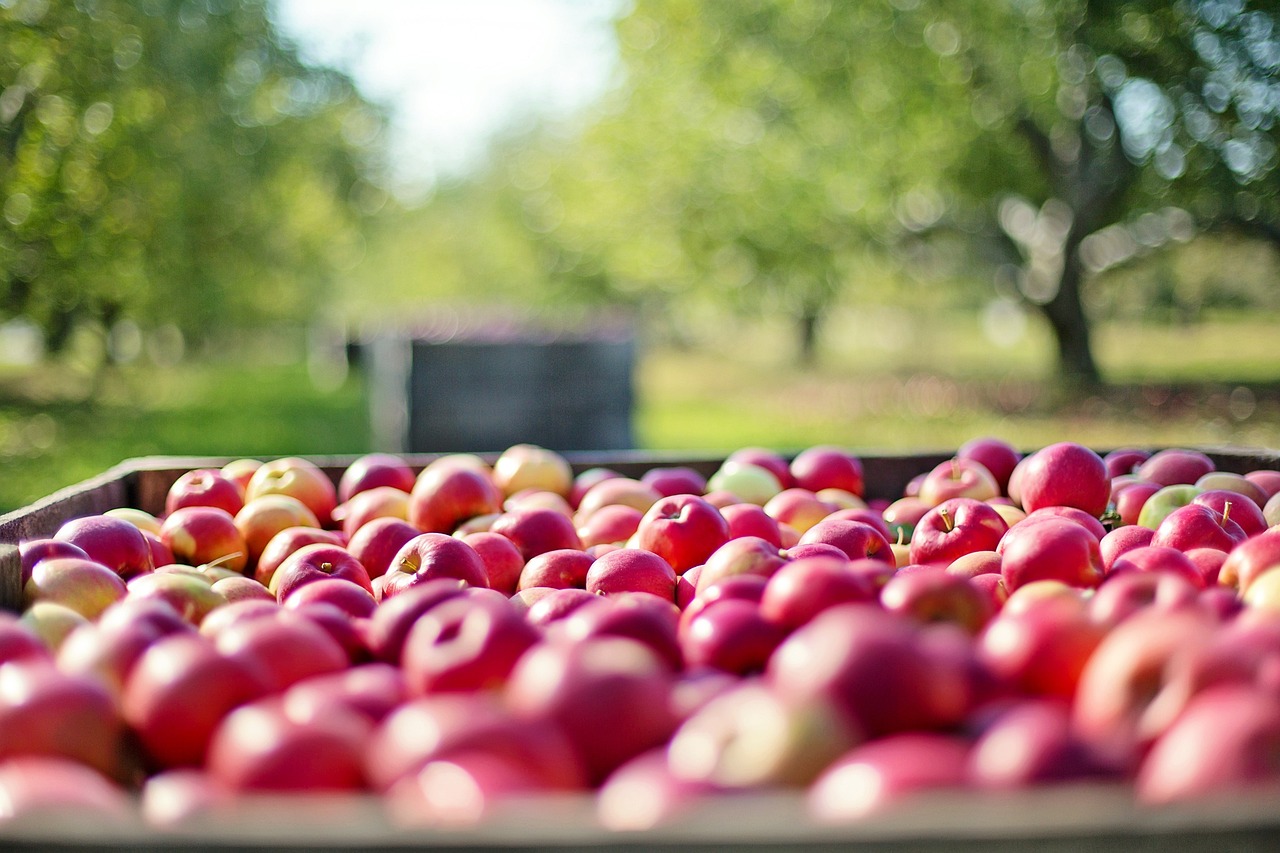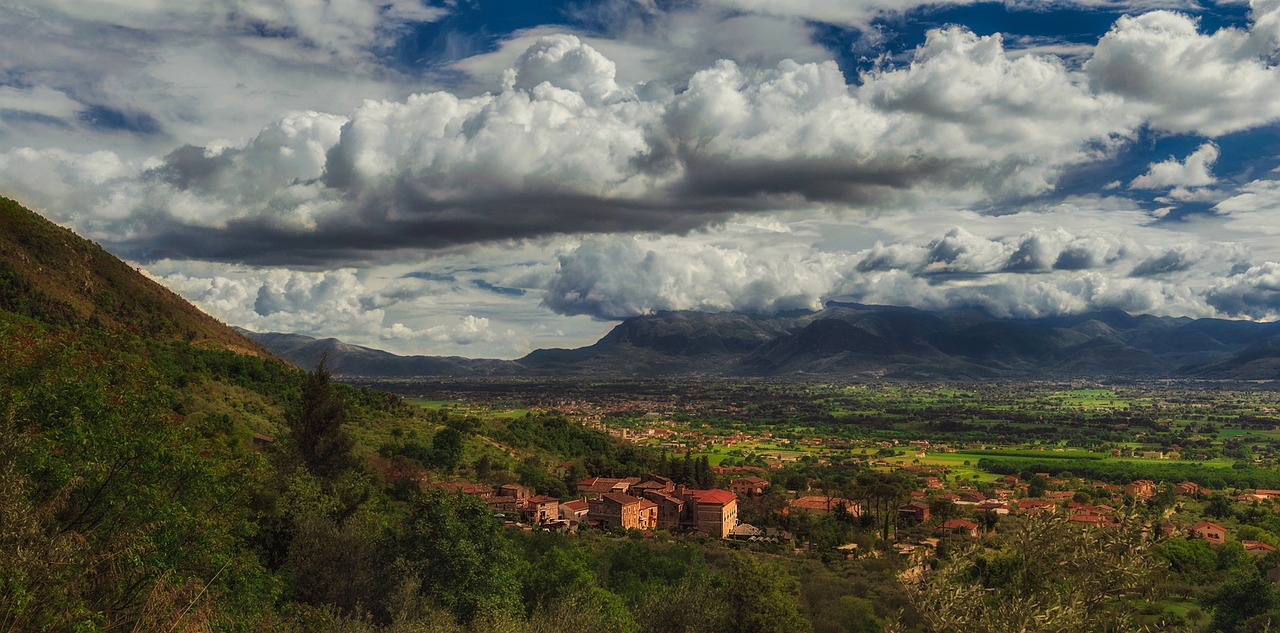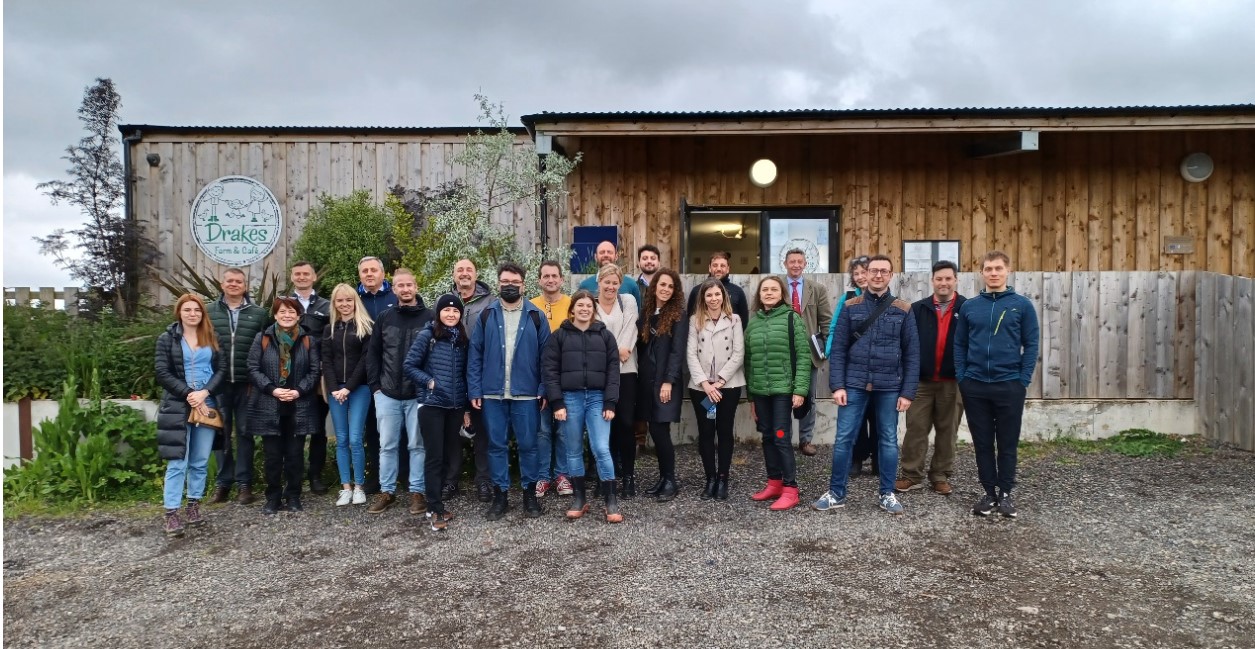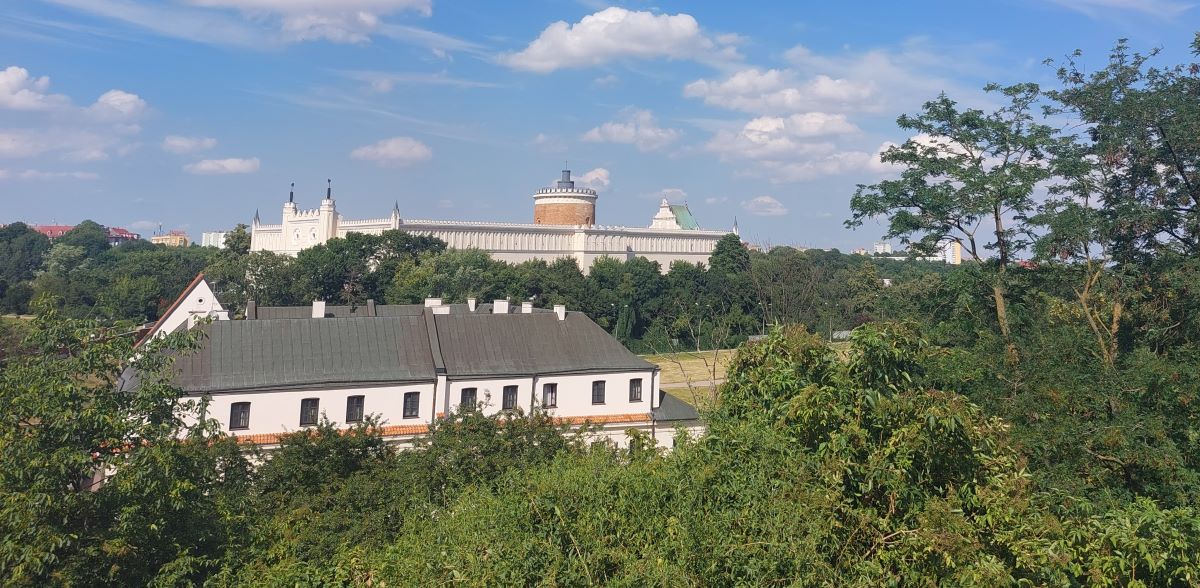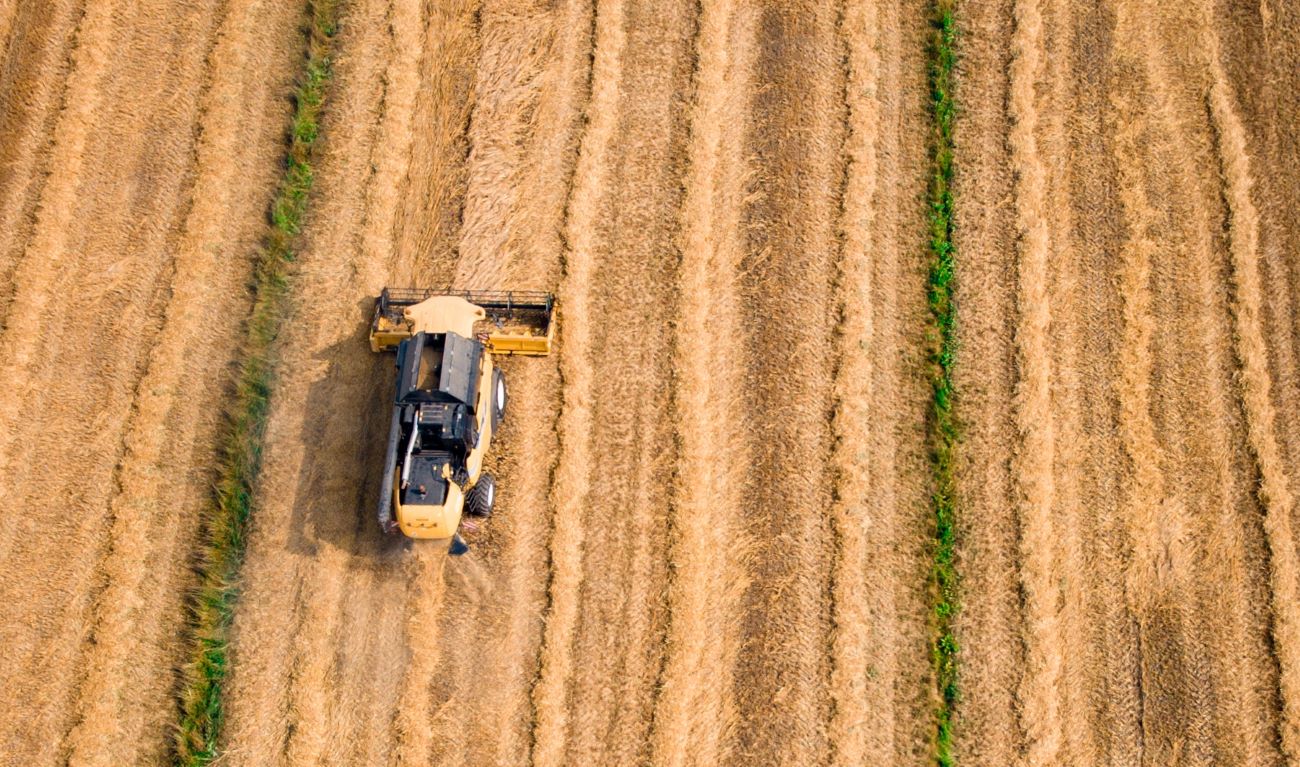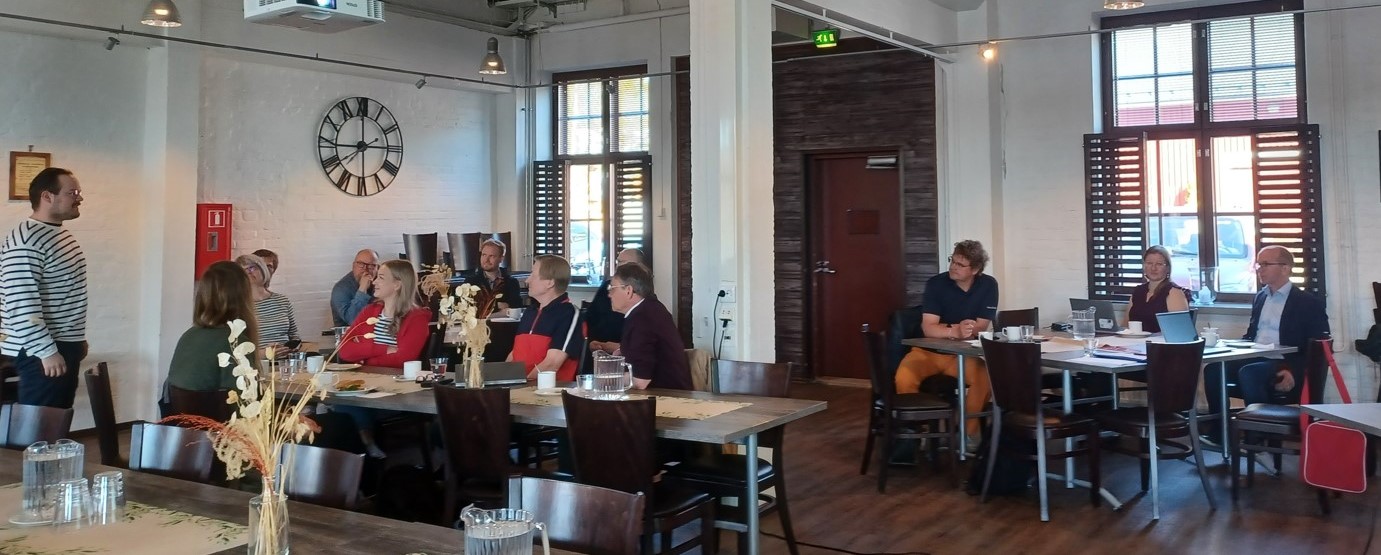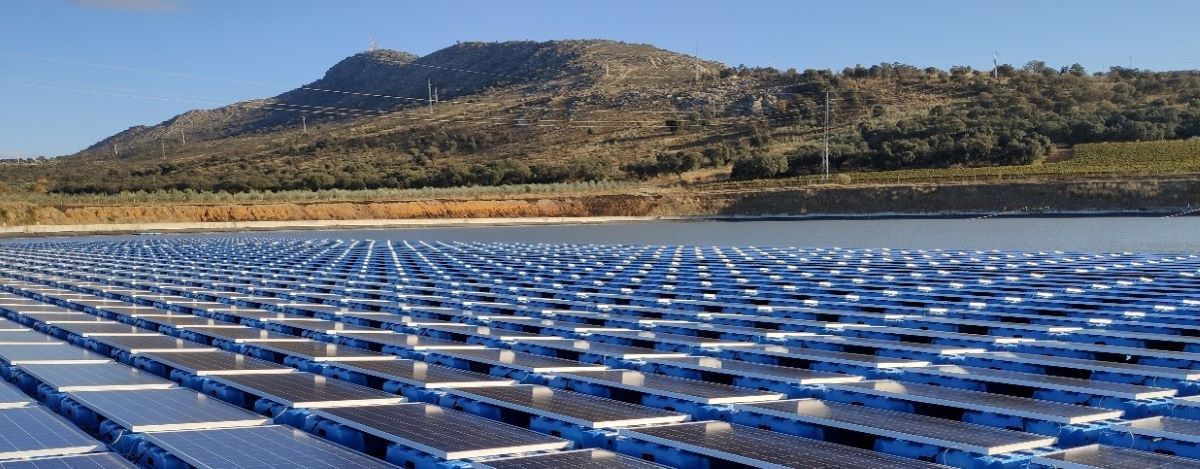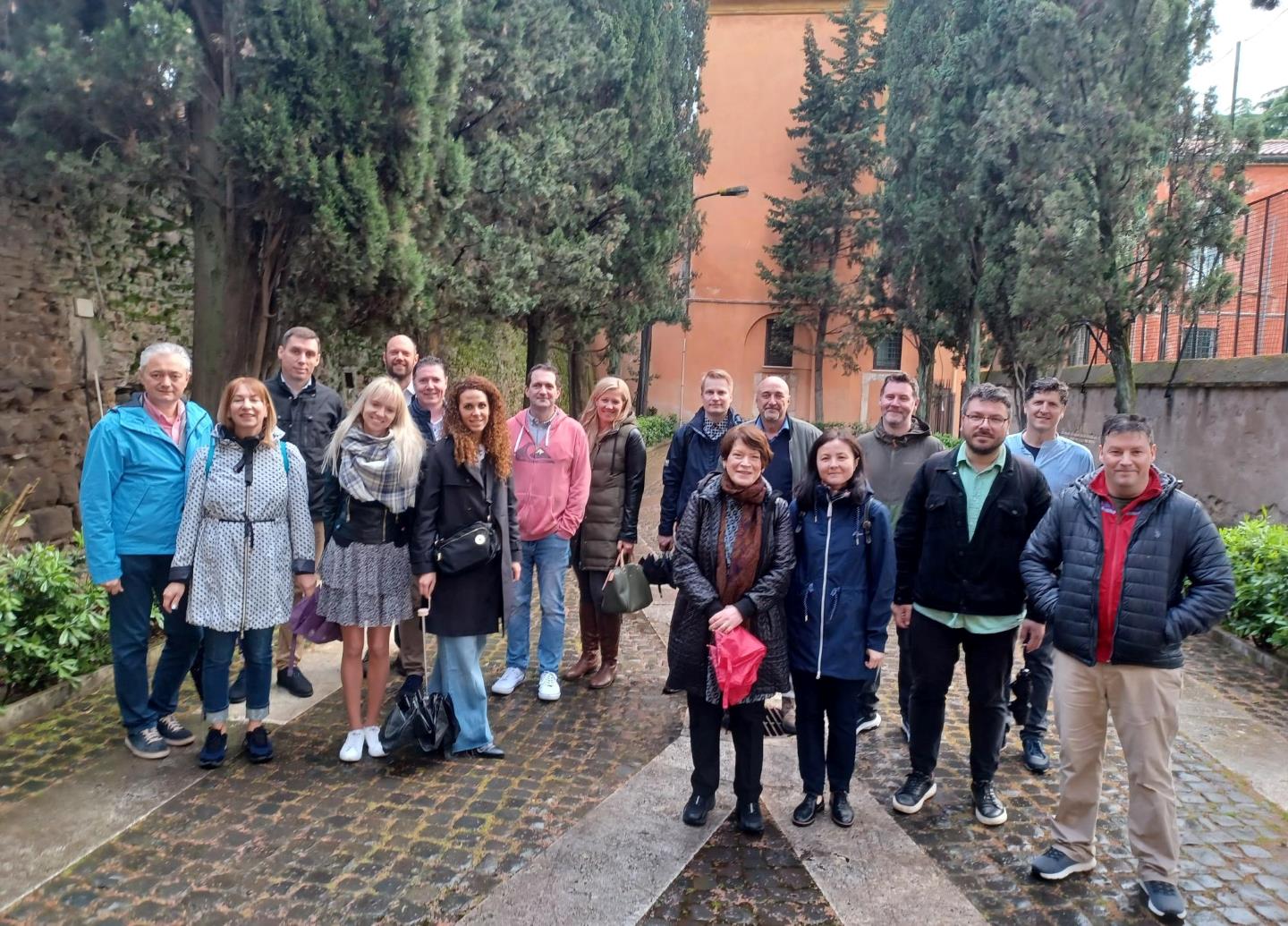The Irish stakeholders of the AgroRES project gathered together for the first time on 14th January 2020. The agenda of the meeting included an overview of the Interreg Europe programme, AgroRES project team and project's main objectives. The group then had an open discussion on the project objectives, in which the following points were noted:
- The timing of the project should align well with public consultations on the EU Structural Funds for 2021 – 2027
- It was noted that the absence of Feed In Tariffs (FITs) for small scale renewables reduces the commercial viability for agri/rural investment in technologies. The Climate Action Plan has targets (Actions 30 to 32) to reduce barriers to investment at micro-generation level, including selling excess energy to the grid, by 2021. A question was raised as to whether any new FIT would be available to existing generators. The representative of the Sustainable Energy Authority of Ireland suggested the decision may be dependent on any other state supports received for the original installation, i.e. no single generator should benefit from an installation grant AND an operation support tariff.
- It was noted that ‘micro-generation’ in Ireland is very limited: 6kW output for single-phase, 11kW output for 3-phase. Grid connections for small scale renewable e.g. 100kW are not currently being processed.
- A question was raised in relation to Electric Vehicle (EV) chargers as a potential commercial installation for rural areas to provide a fast charge for EV users in remote locations.
After this discussion, project partner Institute of Technology, Sligo presented the case studies shared by the project team in Extramadura. Key items from these case studies included:
- Higher intervention rates (up to 80%) in other member states
- Benefits if matching energy supplies with local demand
During the meeting the group took a short break to see the IT Sligo AD testing rig, currently being used in a number of research projects. After this, the meeting continued with a detailed plan for implementing the project in Sligo.
The stakeholder group of Sligo, Ireland has members from the following organisation: Institute of Technology Sligo (project partner), Northern & Western Regional Assembly (project partner), Irish Bio-Energy Association, Teagasc, Sustainable Energy Authority of Ireland, LEADER, voluntary rural youth organisation Macra na Feirme, Department of Rural and Community Development and representatives of independent farmers and agricultural business.
